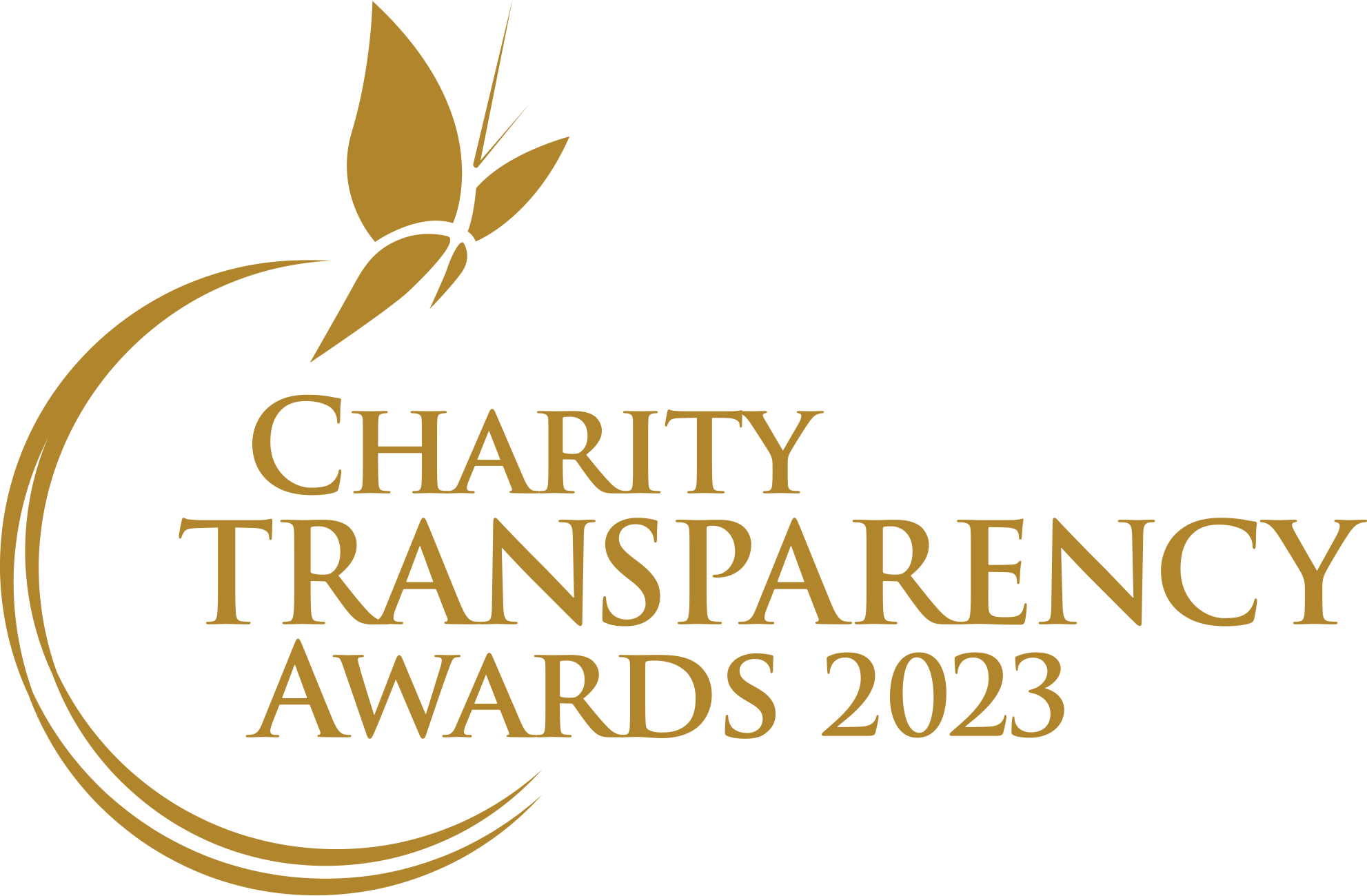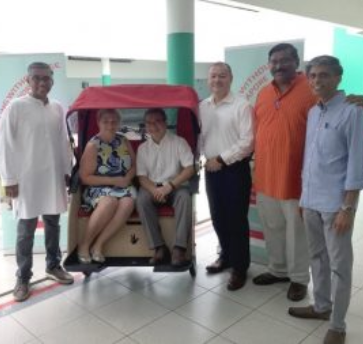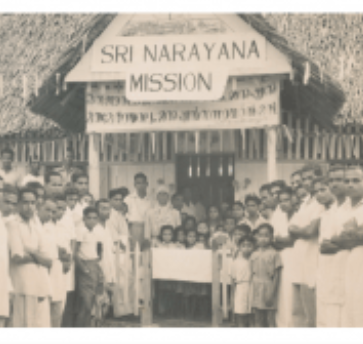What is Gerontology? – Assoc Prof Kalyani K Mehta, Head, Gerontology Programme, SIM University
What is Gerontology?
Gerontology is both a field of study as well as a professional specialisation. The word “gerontology” has its origins from the Greek word “Gero” meaning old man, and “ology” which mean “the study of”. Therefore, the term Gerontology refers to the study of the ageing process and older populations. The vast variety of disciplines that may be involved in the study of ageing populations range from sociology, psychology, economics, social work, medicine, pharmacology, psychiatry, nursing, anthropology, architecture, history, geography, philosophy and even dentistry. Since ageing is a multidimensional process the study of ageing has to be multidisciplinary.
Emergence of Gerontology
The emergence of gerontology took place just after the mid-twentieth century, when issues related to health, retirement, long-term care, and poverty grabbed the attention of academics, politicians and service providers. The historical origins of gerontology took place in the United States and United Kingdom. In 1985, Bergener stated “Gerontology is still a very young science – a science on the way to developing its own logic of research – taking into account the complexity of the subject to be examined.” Between 1960 and 1999, a huge amount of literature was published, lifting the entire discipline to a respectable level of scientific enquiry. Simultaneously, international and national organisations were formed, such as the International Association of Gerontology and Geriatrics and International Federation of Aging; British Society of Gerontology, Canadian Geriatrics Society, Gerontological Society of America, Japan Gerontological Society, Gerontological Society of Malaysia, amongst many others.
Sub-Disciplines in Gerontology
Meanwhile, the field of gerontology started to sprout sub-disciplines such as social gerontology, medical gerontology, feminist gerontology, geropsychiatry, ethnogerontology, psychogerontology and gerontopharmacology. Today each of these disciplines has accumulated a pool of literature that is growing dramatically to keep up with the current global ageing process. The impetus for the rapid growth of gerontology is directly linked with the phenomenon of global ageing. Today, counties that have more than 7% of their population belonging to an age group above 65 years old are identified as ageing nations. Singapore joined the league of such nations at the turn of the last century.
Gerontology as a Profession
Why is the development of gerontology as a field of study and a professional specialisation so crucial to an ageing society? In other disciplines, it is easier to be updated as the literature would be concentrated in some specific journals or types of books. But gerontology, being multi-disciplinary by its very nature, poses an immense challenge. The Master of Gerontology Degree offered at SIM University since 2011 fills the gap to some extent, in Singapore. Professors of gerontology have to regularly attend conference and seminars to stay abreast with the newest developments.
Studies in Gerontology and their Application.
Discoveries and technical advances become obsolete quickly as new findings replace the old with lightning speed (literally!). Practitioners such as social workers and counsellors have to upgrade their skills as new theories and concepts demand modification of practical skills and program designs. “In gerontology social scientists are faced with a wide variety of research problems ranging from the abstract (what are the effects of population ageing on present and future social structures) to the practical (what public policies can best reduce poverty among the aged?) while this quote is largely in reference to social aspects of gerontology, it is also applicable to other aspects of gerontology.
Research that is either pure or applied (or a combination of both) is relevant to gerontological studies, as long as the subject is to do with ageing, older persons and their families. An example would be the study of poverty among older people: what are the contributing factors? Are there policies that unintentionally promote poverty among the aged? Are older women more prone to slipping into poverty due to life course events and social structures? In what way to cultural factors, beliefs and norms play a part to sustain poverty among older women? What changes in policy are required to help this vulnerable group? In what ways can social interventions and programs assist the poor older women to overcome the obstacles?
Preparation for an ageing population necessitates the synchronisation of policies, services and programs as well as the reviewing of these to keep in tandem with changing cohort characteristics. Apart from this, new research has to be regularly conducted to provide statistics and insights for relevant policy planning and service provision.
Shaping Policies and Developing Services and Programmes
In the context of developing countries, it is often the case that target populations i.e older persons and their families, are unaware of services provided by governmental and non-governmental bodies. Public education has to be continually provided through various channels, such as radio, television newspapers (in relevant different languages) the internet and public talks so that the populace is kept informed of policies, services and changes (if any).
In Singapore, the Gerontological Society was formed in 1986 and since its inception it has been actively involved in public education, organising of conferences, and encouraging research in the field of ageing. Institutes or associations of gerontology have performed some of these functions in developed countries, and this has been of tremendous importance to increasing access to resources for the older population and their caregivers.
Changing Perceptions and Integrating the elders into Society
Negative stereotypes i.e., ageism exists in almost all societies, including Asian ones. It is invisible and sometimes indirect, escaping the eyes of the cursory observer – yet when we examine closely, with changing values of society, ageism creeps in. the positive strengths of older generations should be regularly reiterated, so that their past contributions are remembered, and their wisdom recognised. With more people trained in the artistic and scientific disciplines connected to gerontology, it is possible to remove to a great extent biased views and replace them with positive ones. Government ministries conduct skills training or upgrading courses, but these sometimes do not cater to the aptitude or capabilities of seniors. Gerontologists could be hired as consultants to design these courses so that the resources are not wasted, and older persons actually benefit from the courses.
Research into evaluation programs and courses is required, so that funding bodies may be informed of the usefulness of the activities concerned, as well as improvements required. Similarly, evaluation studies that monitor policies are also required for the same purposes. As knowledge and awareness of the physiology, psychology and social backgrounds of the participants is required as well as systematic tools of evaluation, gerontologists are well suited to conduct these evaluations.
Enhancing the lives of the Disabled
Geriatric and Gerontological experts should work hand-in-hand in the application of scientific advances, biotechnology and assistive devices to enhance the lives of the disabled. It is inevitable that an ageing population will add to the numbers of physically and mentally disabled. The naked truth is that the fourth age will bring to head such issues not only for the nation, but also for family members to deal with. Family and professional caregivers are faced with issues surrounding frailty, immobility, hopelessness, helplessness depression and suicidal intentions. Such stressful responsibilities do lead to physical and mental exhaustion of caregivers. Once again, in this arena, gerontologists and geriatric professionals can give their inputs into effective social and therapeutic interventions so that the needs of the caregivers are not neglected.
Enabling Caregivers
In the context of Asian societies, where the government expects families to provide primary and long term care, it is in its interest to care for the family caregivers hence assisting them to continue caring for elder relatives, lastly, the training of professional and family caregivers in issues and problems related to ageing is urgently needed, for instance managers of day care centres or shelter homes should be familiar with symptoms and indicators of diseases such as diabetes, medication and their side effects and crisis management interventions such as in cases of elder abuse or suicidal attempts.
The trainers themselves should have prior training in the field of gerontology. It is a challenge for trainers to adapt the knowledge gained from other developed counties to suit the local political, economic, and socio-cultural context. For such courses to be beneficial to the participants, models, concepts, and theoretical frameworks have to be relevant and suitable to the local population.
Society for all Ages
To sum up, it is to the advantage of all ageing nations to begin their preparations for a mature society, recognising the tremendous contribution of gerontologists towards the goal of a caring “Society for all Ages”.





